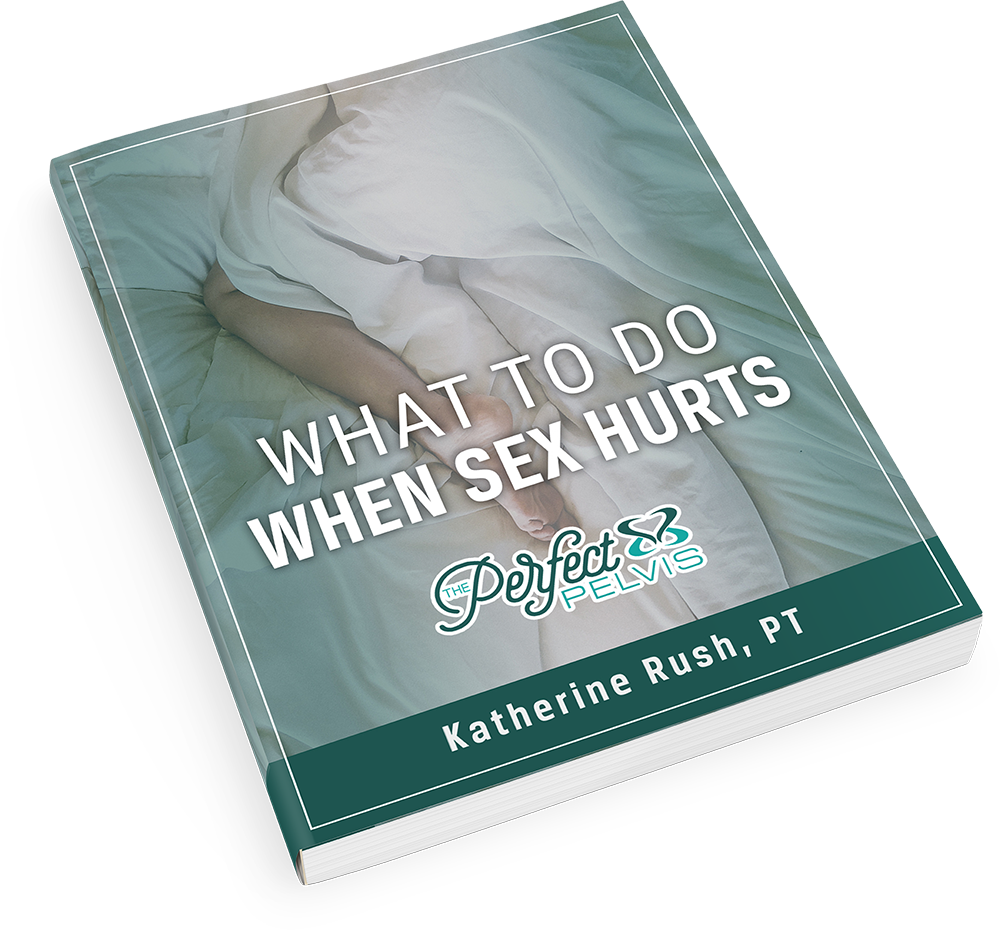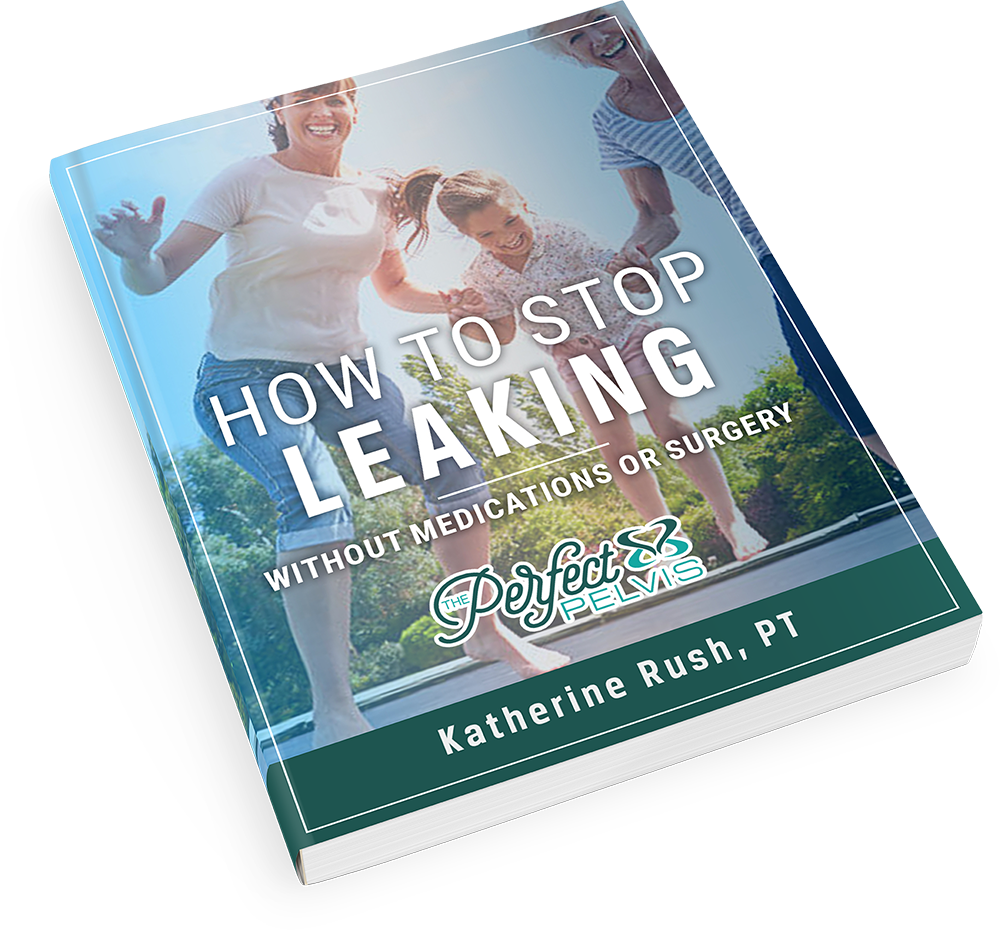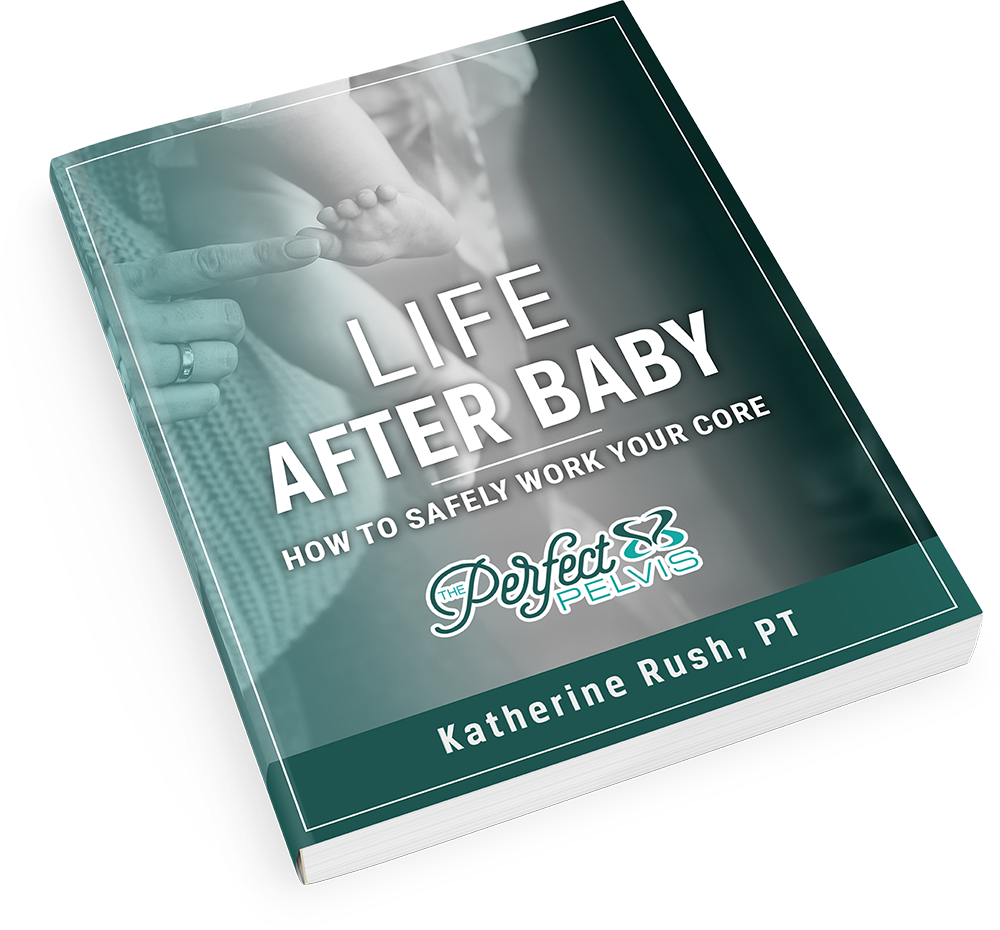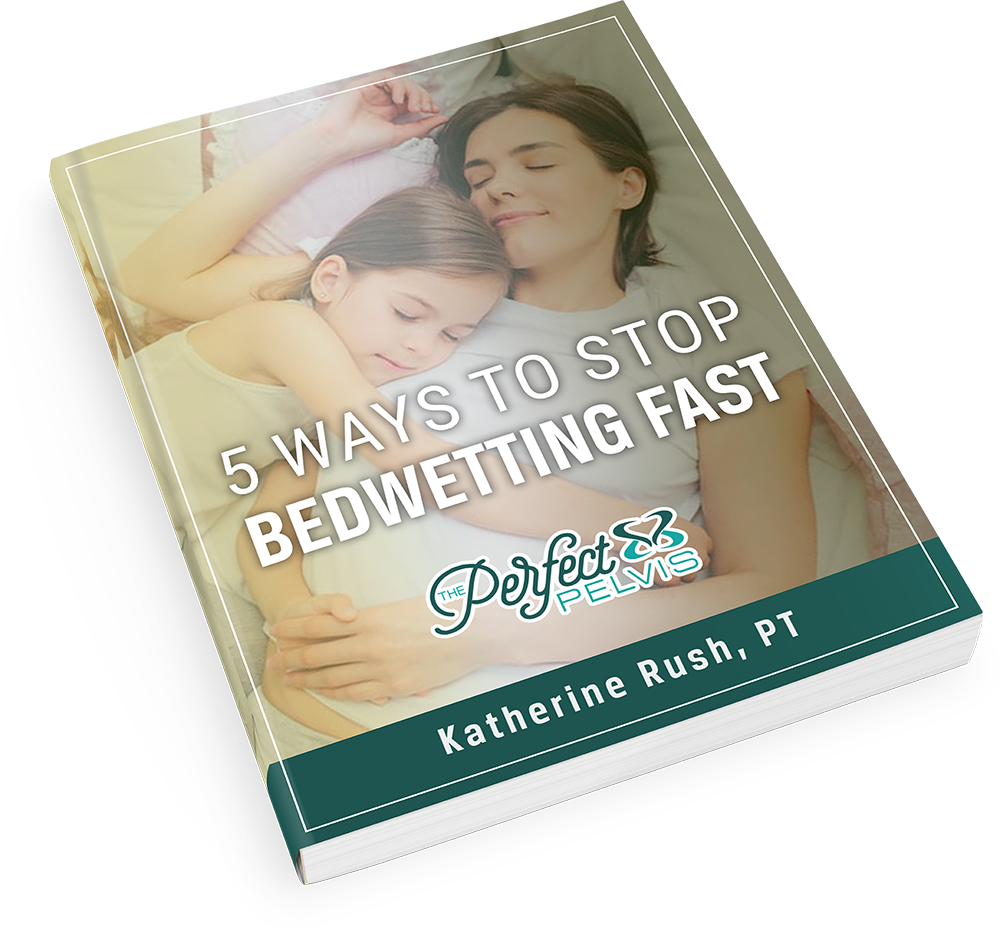Incontinence is a condition where an individual experiences involuntary urination or bowel leakage. It can be caused by a variety of factors, such as age-related changes to the bladder and rectum muscles, childbirth injury, neurological diseases, prostate issues in men, or diabetes. It can range from mild to severe and often becomes worse over time if not treated appropriately.
It is important to treat incontinence because it can significantly reduce the quality of life for those suffering from it. Loss of bladder control can lead to embarrassment and social withdrawal.
In addition, these accidents can cause skin irritation due to prolonged contact with moisture from urine or feces which may lead to infection. Furthermore, the lack of control could interfere with normal activities such as exercising, working, and sexual activities.
It is important to understand the cause of incontinence because it can help you identify and treat the issue more quickly. Common symptoms include urinary frequency, urgency, leaking urine when coughing or sneezing and needing to urinate during the night.
Your doctor may ask for a physical exam as well as various tests such as a urinalysis or imaging studies to look at your bladder and other organs. Treatment often includes lifestyle changes such as drinking fewer fluids before bedtime or avoiding certain foods that can irritate the bladder.
Medications may also be used depending on the cause of the incontinence. Seeking medical attention from a qualified healthcare professional is necessary in order to find an effective treatment plan that is right for you.
Incontinence can be a difficult condition to live with, but there are treatment options available that can help manage it and improve quality of life. It is important to understand the cause of incontinence and seek medical advice in order to develop an individualized treatment plan for your specific case. With the right care and treatment, incontinence does not have to limit your daily activities or compromise your quality of life.
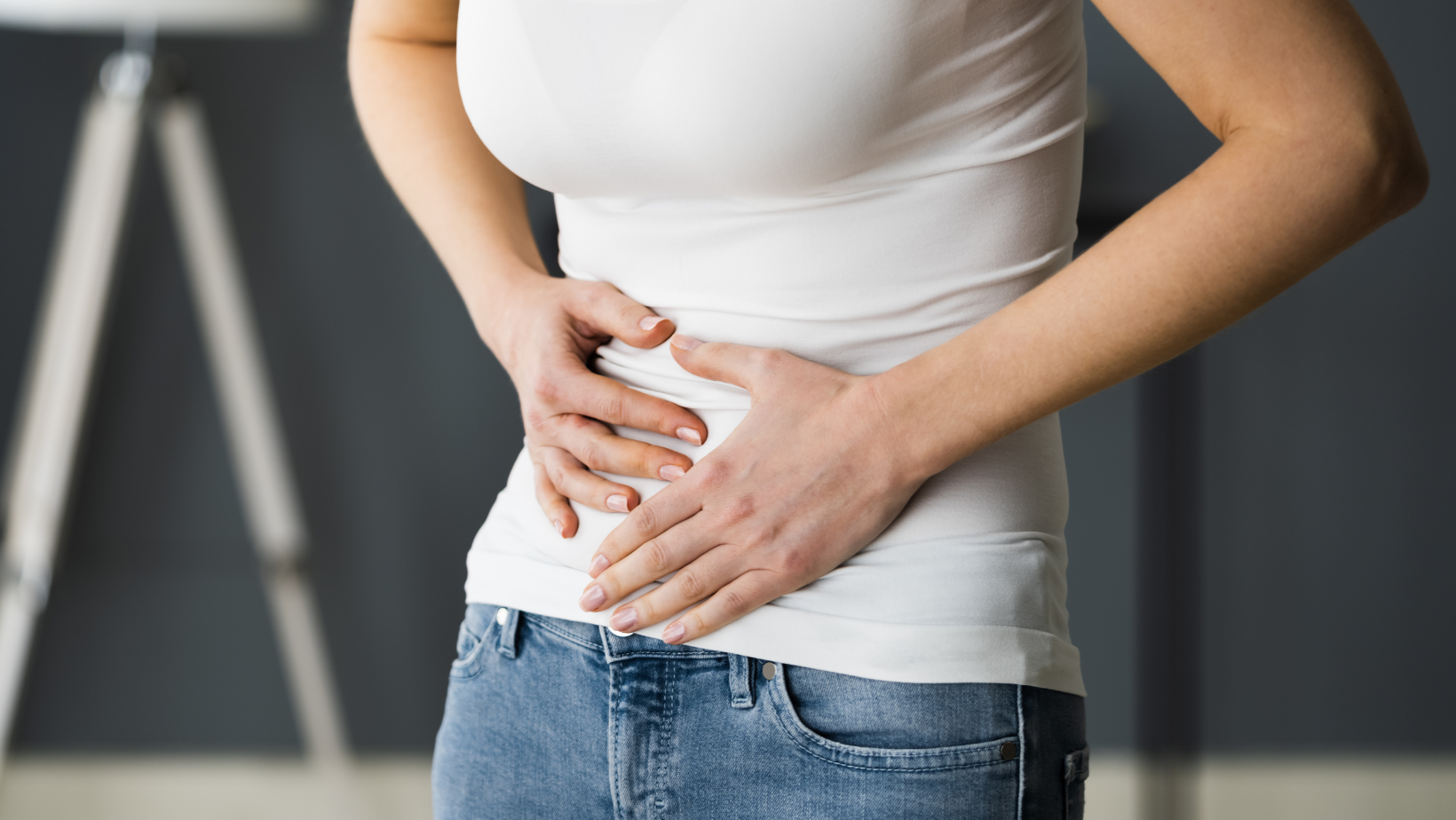
This Could Be Making Your Struggle With Incontinence Worse
Incontinence can be made worse by certain activities or situations. Examples include drinking too much alcohol, caffeine, carbonated drinks, and artificial sweeteners; not drinking enough fluids; taking some medications (such as diuretics); consuming a lot of fiber or spicy food; waiting too long to use the bathroom and being overweight or obese.
All of these things can increase the urgency to urinate in people who are already struggling with incontinence.
It is important to know what makes your incontinence worse so that you can avoid it. By understanding your triggers, you may be able to help prevent yourself from having an episode of incontinence when faced with one of these situations.
You may also be able to come up with a plan for how to manage incontinence when it does occur. Talking to your doctor about your triggers and finding strategies that work best for you can help reduce the amount of stress and embarrassment caused by incontinence episodes.
It is also important to keep in mind that every person’s experience with incontinence is unique, so it is essential to become familiar with what makes your symptoms worse in order to make informed decisions on how to best manage them.
Consulting with a healthcare professional can give you the guidance needed so that you can develop an individualized plan for managing incontinence. This can be especially valuable if other treatment options have not been successful in reducing or eliminating symptoms. By understanding what makes your incontinence worse, you can take the necessary steps to help reduce your symptoms and live a healthier life.
Here is a list we gathered of the things that can make your struggle with incontinence more difficult.
1. Not drinking enough water: Dehydration can cause your urine to become more concentrated, which may trigger episodes of incontinence.
2. Eating too much salt and other high-sodium foods: High levels of sodium can lead to increased urination, which in turn can make it difficult to control your bladder.
3. Drinking too much alcohol or caffeine: Both alcohol and caffeine are diuretics, meaning they increase the amount of urine produced by the body. This can make it harder for you to hold in your urine when the urge hits.
4. Not getting enough exercise: Regular physical activity strengthens the muscles that support your bladder, enabling them to better hold in urine during times when you need to hold it in.
5. Being overweight: Excess body weight can put extra pressure on the bladder, which may lead to bouts of incontinence. Additionally, fat tissue produces hormones that can affect the way your bladder functions. Taking steps to lose weight through a combination of diet and exercise can help improve incontinence symptoms.
Are You Afraid That You Are Making Things Worse In Regards To Incontinence?
re you struggling with incontinence and are worried that what you are doing could actually make matters worse, then feel free to schedule a free phone consult, or contact us to arrange a $57 Incontinence Screening. You can also feel free to give us a call at 816.607.3747 (We still like to talk on the phone!)
We love to keep people in Lee’s Summit, mobile, active, and off pain pills – let our expertise go to work for you to help you stay happy and healthy.
Don’t forget, you can schedule a no-obligation (and free!) phone consult or visit us at our Lee’s Summit clinic as part of your leakage assessment. Or just give us a call at 816.607.3747.
We look forward to hearing from you,
Katy Rush, PT
Other Free Resources To Help With Incontinence
Download our free report – What To Do When Sex Hurts
Read our blog- Different Types of Incontinence and How To Treat Them
Read our blog- 5 Things To Avoid When Struggling With Incontinence
Follow Us On Social Media – Facebook, Instagram, Twitter, and LinkedIn



